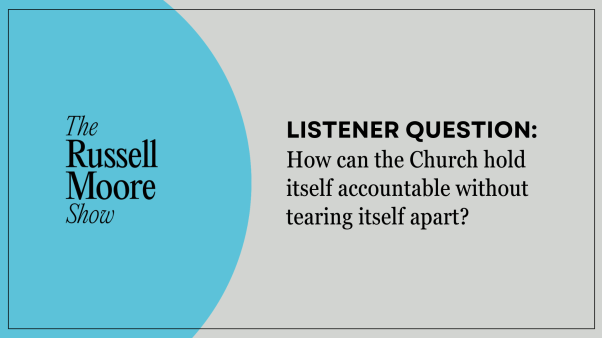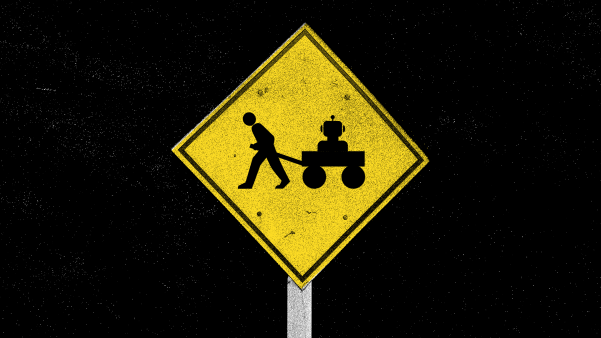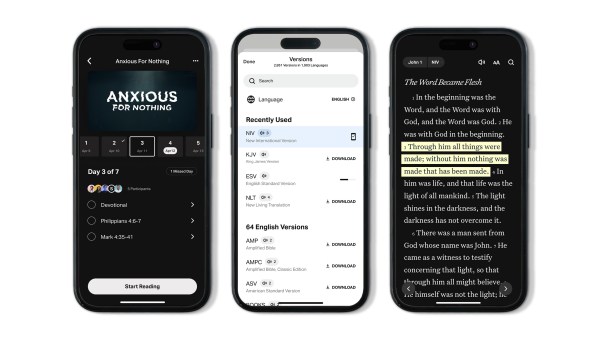All too typical of a Spike Lee joint, Red Hook Summer is bound to leave you utterly conflicted, overwhelmed with both admiration and frustration. Though respectable and at times undeniably inspiring, the film typifies the expression “mixed bag.” It’s a cluster of personal and pertinent ideas—social, political, and religious—emasculated by the vehicle which drives them forward.
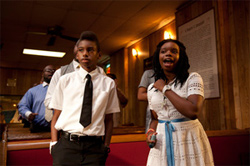
The first fifteen minutes provide a window into such ambivalence. Following a car ride into Brooklyn while Judith Hill’s delightful “Love Today” plays, a potentially significant moment emerges: Flik (Jules Brown), a spoiled and faux-hawked Atlanta teen, meets his grandfather, Bishop Enoch (Clarke Peters), for the very first time. This moment, a clashing of cultures, symbolizes the spiritual disconnect between the old and the young and, in turn, the need for reconciliation. Unfortunately, Lee undermines the powerful sequence with a trite depiction of Christianity and, well, Christians. Filled with Jesus fishes, crosses, and religious paintings, Enoch’s house comes across artificially, and the same goes for Enoch, who greets the boy with an exaggerated “God is great” and goes on to drop more clichés. The scene, while still holding weight, is undercut by overstatement, especially in the unconvincing turns of Brown and Peters.
Written and directed by Lee, the film begins as a coming-of-age story when Flik’s mother sends him to spend time with his grandfather in Red Hook, a Brooklyn neighborhood once dubbed “the crack capital of the world.” Through his relationship with a charismatic girl named Chazz (Toni Lysaith) and experiences at the local church, Flik starts to find his perspective of the world widened; he learns responsibility, empathy, and, more importantly, his need for Christ. But halfway through, the story morphs into an entirely different beast, shifting the focus from Flik to Enoch and his personal demons. Where Lee first underlines the necessary role of religion in cultural continuity, on both personal and social level, he follows with a sharp skepticism of Christianity, pointing out its flaws and calling a whole people to repentance.
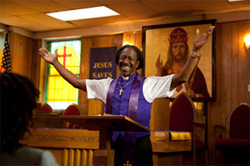
By going this route, Lee muddles his message, and even more with a few political ramblings and criticisms, ranging from capitalism to President Obama. Still, it’s difficult to knock him for being so open and honest, and to a degree, that approach works. Lee may not get the gospel totally right or hone in on its salvific implications, but at least he recognizes it as the driving force of social change—surely Red Hook‘s deepest concern. And his criticisms of the church are mostly right. In focusing on Enoch’s storyline, a thread that goes where we never would have imagined, Red Hook attacks a practice of faith where sin and struggles go under the radar and believers self-righteously avoid transparency and accountability. It also condemns a practice that over-spiritualizes to the neglect of the physical. During a conversation with Chazz’s mother, Enoch says that even though his father taught him the Bible, the man never loved him—a scene that, feeling almost personal for Lee, further drives home the point.
As it works out these ideas, Red Hook verges on spiritual transcendence, but only momentarily due to the contrived canvas—the story and characters—on which things play out. Lee doesn’t necessarily fail to create developed characters, but he does fail to put together a cast who can bring them to life—especially in the weaker performances of Brown and Lysaith. These young actors appear completely inexperienced, and though that approach sometimes works—as in the recent Beasts of the Southern Wild—it doesn’t work here. For the most part, the two seem as if they are just reading their lines, delivering jokes and musings in the most unnatural of ways. With dialectical jargon, like “likeded me” and “it’s mines now,” the result is inadvertently laughable. Then there’s Deacon Zee, played by Thomas Jefferson Bird—a ridiculous, psychotic drunkard who would be a better fit for Sanford and Son than a socio-realistic drama; he’s too exaggerated to be perceived as a real human being.

The story itself suffers from problems too. Trying to be all things to all people, it moves clumsily from comedy to drama to melodrama, causing some scenes to ring false and to feel jarring—like a pivotal confrontation scene that takes place during a church service. Using that scene as the story’s turning point, Lee surely means for it to be shocking, but it turns out to be downright preposterous, especially given the gimmicky camerawork. Instead of weaving in hints of what the scene will uncover, Lee just smacks us over the head with the truth, and it’s too much to handle; hence, it’s nearly impossible to believe. This lack of cohesion, and its effects on the tone, runs rampant throughout Red Hook.
That Lee thwarts his film with his own mistakes is unfortunate, because Red Hook could have been his strongest work in a while. Unlike previous films, which failed more for ideological, rather than technical, reasons, Red Hook represents a heartfelt vision—evident in a few profound moments, like when Enoch confesses his sins to Flik, and in the optimistic finale. We also see it in the sympathetic characters (hackneyed as they may be), and in the overarching attitude of the picture. Lee has often just seemed angry with a bone to pick, but here gentler and more sincere undertones exist—which makes the film all the more maddening as much as it is endearing.
Talk About It
Discussion starters- What does Flik learn through his experiences in Red Hook? Does he find redemption?
- Red Hook Summer deals heavily with Christian faith. How do you think the film handles the subject? Positively or negatively or both? Why?
- Do you believe director Spike Lee ignores implications of the gospel, like salvation? If so, is that a problem?
- What do you think Lee is trying to say in this film? Do you agree with his conclusions? Why or why not?
The Family Corner
For parents to considerRed Hook Summer is rated R for brief violence, language, and a disturbing situation. Three gangsters almost beat one character to death. There is profanity throughout from particular characters. Though it ends before becoming graphic, one scene shows a man preparing to molest a young boy, reading from Song of Solomon and speaking explicitly.
Photos © Variance Films
© 2012 Christianity Today. All rights reserved. Click for reprint information.






